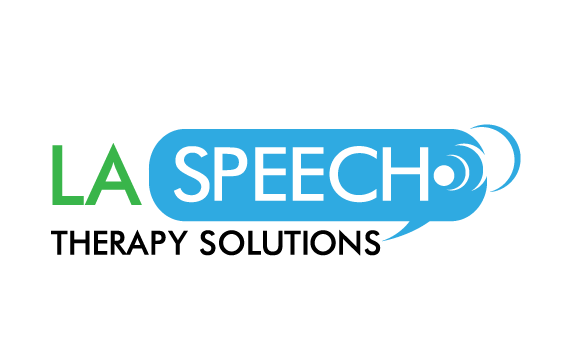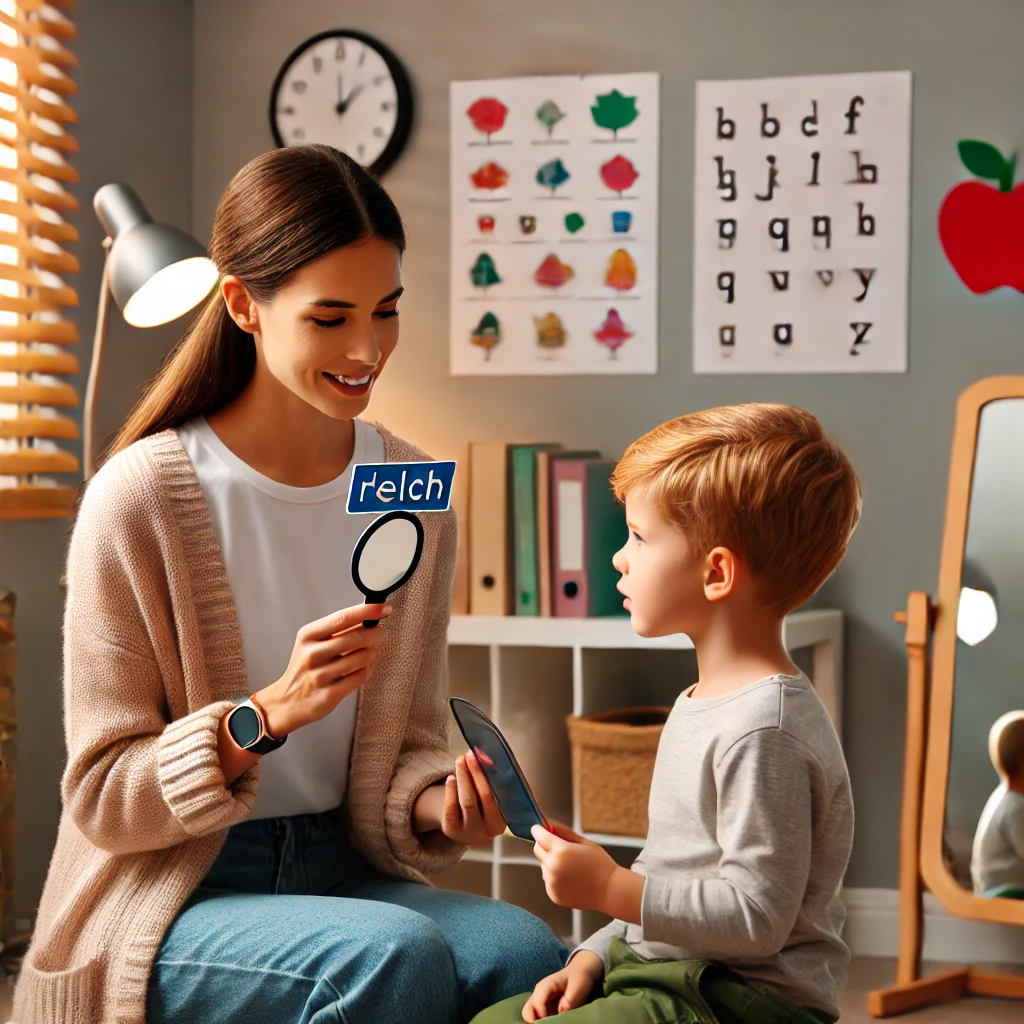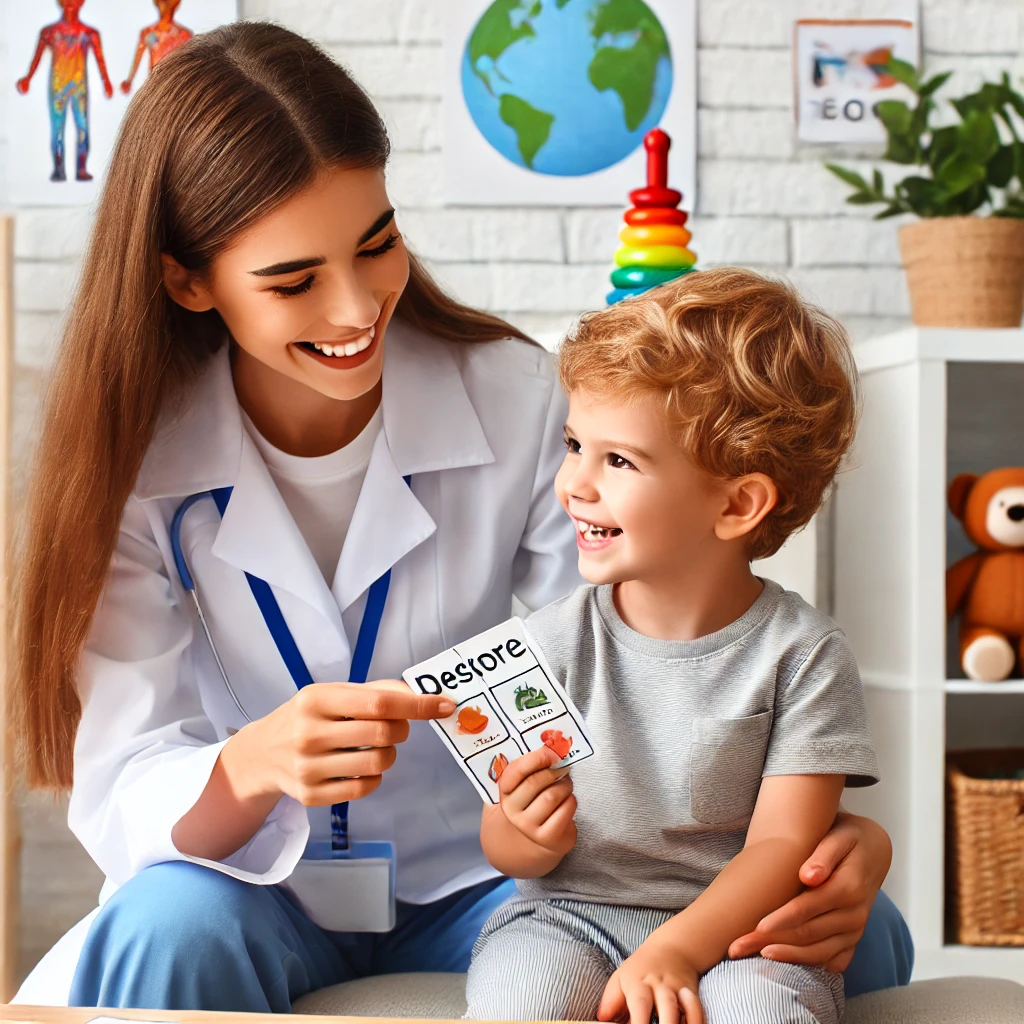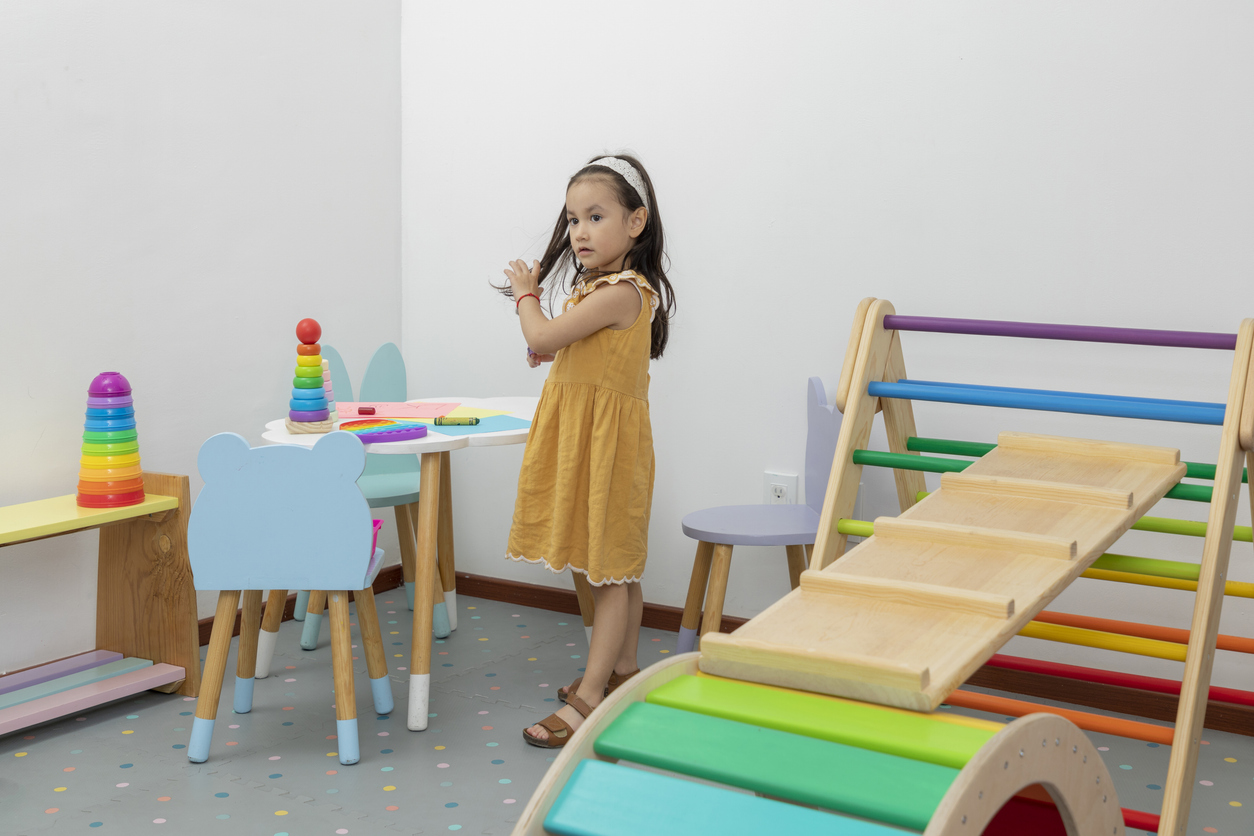
By definition, self-advocacy is a child’s ability to understand their personal needs, to know what support they require from others to fulfill these needs, and to communicate these needs to parents and teachers.
In order to self-advocate, a child needs to learn how to understand and communicate their needs to others. At LA Speech Therapy Solutions, the OT therapy Los Angeles specialists help children develop this skill and support lifelong success. The strategies below will help parents work on self-advocacy skills with children outside of the LA Speech facility.
1. Authenticity
Teach your child that their feelings should motivate their actions. Instill a strong sense of integrity and moral values for these will strengthen their inner core. Children who have ingrained values are more empowered to be assertive when they feel or need something.
2. Assertive Vs. Aggressive
Teach your child the difference between being assertive and being aggressive. Try using the phrase, “It is not about what you say, but rather how you say it.” Explaining to your child that there is a proper way to articulate their feelings or position to others will allow them to self-advocate without being negatively perceived.
3. Advocate For Yourself
While you are teaching your child about self-advocacy, make sure that you are modeling self-advocacy in front of them. If a self-advocacy opportunity arises in front of your child, make sure you practice the self-advocacy strategies you preach.
4. Listen
Teach your child the balance between self-assertion and listening to others. Make sure they see the value in others’ ideas and that they do not take rejection of their personal positions too harshly. A good way to breach this topic is by explaining the concept of empathy.
About LA Speech Therapy Solutions
An OT therapy Los Angeles facility, LA Speech Therapy Solutions is a place where children learn skills that will help them succeed in life. The team of pediatric occupational therapists has years of experience in their field and is renowned in the greater Los Angeles area. For more information on how you can help your child overcome developmental challenges, call (323) 522-6071.





